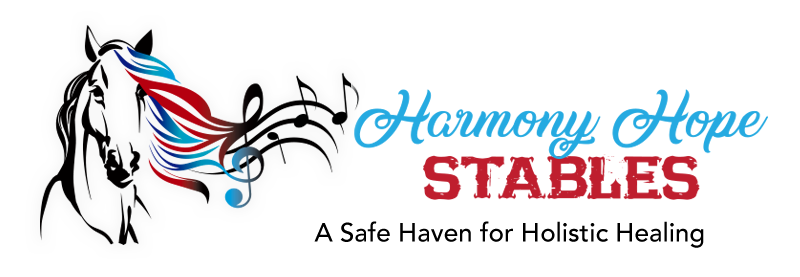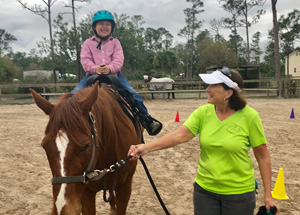MENTOR A CHILD
Improving the life course of foster and adopted children who have experienced early developmental trauma
We achieve this by developing life skills through equine-assisted learning and community mentorship. The Stable Moments model is built on these values:
- Active Engagement
- Consistent Commitment
- Community Involvement
- Individualized Attention
- Attainable Goals
- Independence
- Responsible Stewardship
Click below to download the
Mentor Application and mail completed form to:
Sarah Evans, Program Director
954-907-6862
hhstablesprograms@gmail.com
While interaction with a horse is therapeutic in and of itself, it is the consistent, one-on-one time that makes the Stable Moments mentorship model so successful. Teaching these children how to communicate with their horse through body language, energy and pressure lets them develop a greater capacity for empathy, social- and self-awareness. As these youth get comfortable in their routine with their mentors and horse, their willingness to apply themselves improves. This success eventually translates to home, school and community settings.
Children who have suffered abuse and neglect have good reason to be untrusting of people, especially those in authority or care roles. For these children, the horse provides an alternative sentient being with whom they can achieve a partnership through trust. This type of relationship—which is often foreign to these children—can be the beginning of building more stable connections with other humans, hence the name Stable Moments.
The Stable Moments mentorship model runs the length of a typical school year. The longer youth have access to the same horse and mentor, the more stability. Each mentor session builds on the last to create a strong foundation that equips these children to make healthy choices, value themselves and become productive members of society. Mentorship and development of life skills through EAL give these children a glimmer of hope and a reason to live when all they have known is how to survive.
Each child has an individualized plan of care that highlights their strengths and challenges. It also outlines goals to keep the mentor on track and directed during sessions. The model uses structured EAL activities to develop life skills such as emotional awareness, self-regulation, anger management, healthy relationships, social cues and appropriate boundaries just to name a few. Stable Moments also uses daily activity logs and progress summaries to ensure plan-of-care goals are being met and to collect qualitative data.

